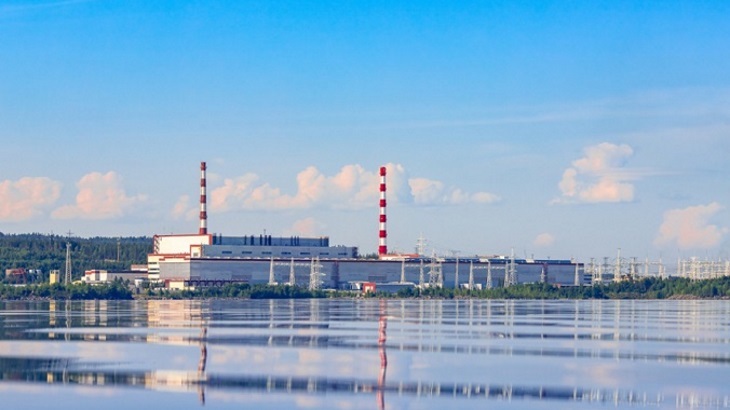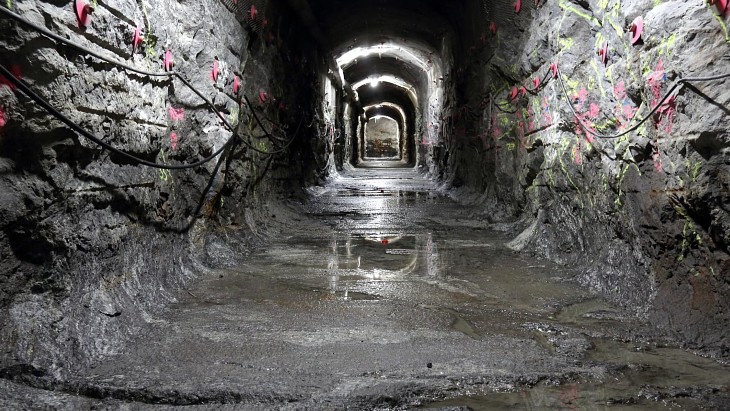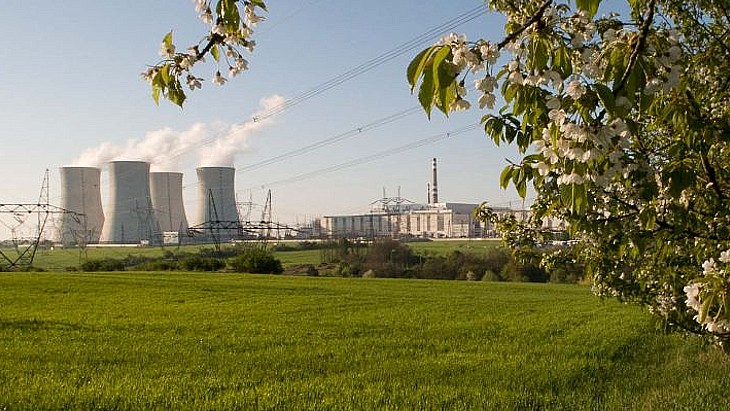"There was no indication of damage to, or moulding of, the rods in the fuel assemblies," according to notes provided by personnel at the Kola plant, Rosatom's nuclear fuel manufacturer subsidiary, TVEL, said.
The difference between an RK-3 and previous generations of fuel for VVER-440s is an improved design that enables more efficient use of fuel thanks to the volume of thermal energy produced in the reactor. RK-3 is a prototype of the modification of RK-3+, which has attracted interest from foreign customers, Rosatom said.
"The successful experience of operating the third-generation VVER-440 fuel is an important factor for the development of exports of these products," said Alexander Ugryumov, vice president for Scientific and Technical Activities and Quality at TVEL.
"Despite the fact that the "standard cycle of operation" of VVER-440 fuel assemblies is five to six years, at the Kola plant, which operates as an isolated power system at reduced capacity, the fuel does not burn out so quickly, and so we have the opportunity to further extend its irradiation. The assemblies themselves have retained their integrity and geometry, which confirms the reliability of the fuel design. This is the second batch of RK-3 fuel to be irradiated in a commercial reactor, ensuring a reference point for the fuel," he said.
TVEL says it is implementing several parallel projects for the development, justification and implementation of new solutions for nuclear fuel and fuel cycles for VVER-440 reactors. Each project is unique from a technical point of view, it said, and takes into account the individual requirements of customers and the specific features of their fuel cycles, the company said.







_53514_33880.jpg)






